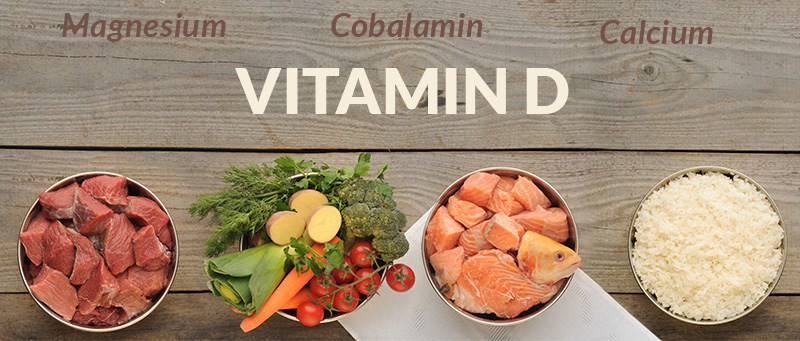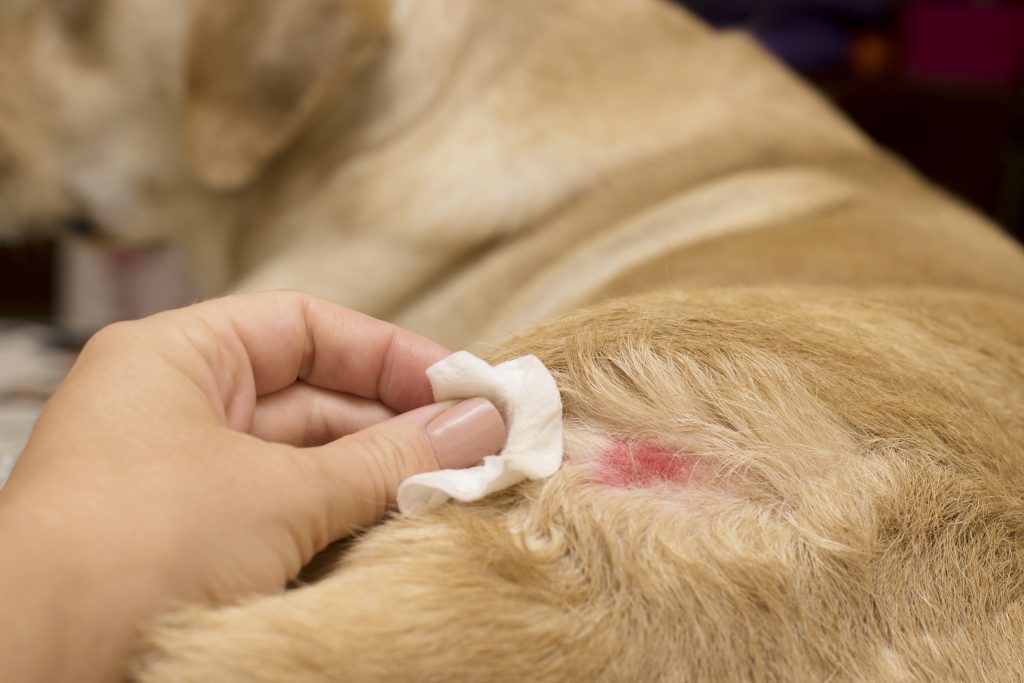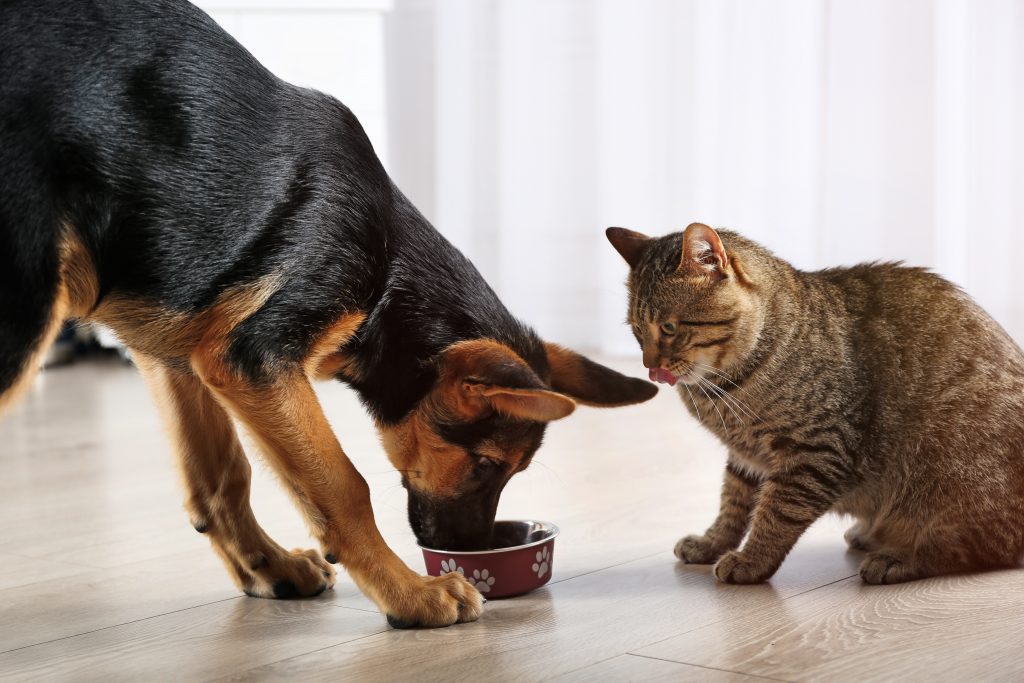
Inflammatory bowel disease (IBD), an auto-immune disorder, is characterized by chronic intestinal inflammation and can advance to protein-losing enteropathy (PLE), an often fatal disease. Dogs with IBD are often low in vitamin D stores (25VitD) due to inappetence and/or impaired absorption. Studies (1,2) have found a correlation between the level of 25VitD and the canine […] Read more »







